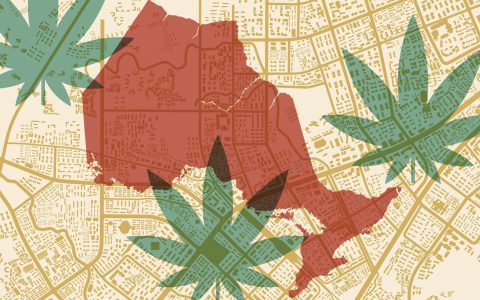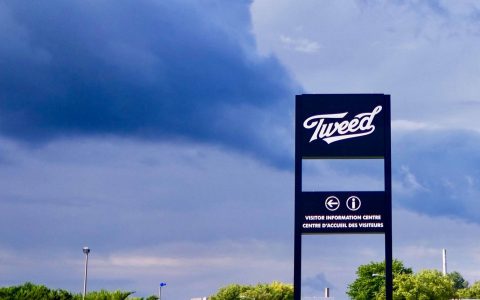When an American woman won a $560-million jackpot last year, she fought for the right to remain anonymous. Her lawyer said his client feared the consequences of being identified and cited two cases in which lottery winners had been murdered over money. Winning big can be overwhelming, he said, “and the last thing you want is everyone knocking down your door.”
None of the people who, through a lottery, won the right to apply for a license to open a cannabis store in Ontario has suffered a deathly fate but all of them have had to contend with some daunting challenges.
Each of the winners of the January lottery was required to submit an application within five business days along with $6,000 non-refundable fee and a $50,000 letter of credit. Each winner also had to agree to open a store in less than three months—and that was just the beginning.
Inundated With Offers
When Doug Ford became the premier of Ontario last summer, he announced that he would scrap his predecessor’s plan to implement a retail system run by the province and he said any private operator would be able to apply for a license to open a cannabis store. A few months later, the province changed course amid concerns of a supply shortage. It announced that 25 licenses would be handed out through a randomized lottery.
That decision left many businesses and individuals who had been preparing to open cannabis stores out in the cold, and some sought partnerships with winners as a way to enter the retail space in Canada’s most populous province.
As a result, many of the winners have been inundated with overtures from industry stakeholders hoping to forge business ties. More than a few lottery winners have found it overwhelming.
“Some have taken down their Facebook pages or closed their LinkedIn accounts because they were bombarded with emails and calls from third parties looking to enter into commercial or other arrangements with [them],” Eric Foster, a Toronto-based lawyer whose firm, Dentons, is helping some lottery winners forge business partnerships with third parties, told Leafly.
He added that many of the lottery winners have been finding it difficult to meet the demands of their regular jobs while at the same time preparing to become cannabis retailers.
Brenna Boonstra, Cannabis Compliance Inc
His words were echoed by Brenna Boonstra of Cannabis Compliance Inc, a cannabis consulting firm that is helping one of the lottery winners prepare to open shop. She told Leafly that this client has had to “make a steady stream of decisions. He has had to deal with matters related to leasing and renovating a space, hiring employees, security, inventory and shipping—and the list goes on.”
Boonstra added that this lottery winner has to meet those challenges while, at the same time, communicating with government officials on a constant basis regarding the many rules and regulations surrounding cannabis retail. She said he is finding the process challenging even though he has a business background. Most of the lottery winners are sole proprietors with little or no retail experience.
To make matters worse, there is uncertainty surrounding the regulations.
The Ford government has said it wants small business to thrive in the cannabis industry and has, for that reason, barred licensed producers from participating in the retail sector—a retail license cannot be granted to a corporation if more than 9.9% of it is owned by one or more licensed producers or their affiliates—yet several cannabis retailers backed by big producers have entered into agreements with lottery winners.
For example, one of the lottery winners whose retail license application passed the AGCO’s first round of scrutiny has signed a deal with Spiritleaf, a cannabis retail chain that has ties to Newstrike Brands, a licensed producer. Also, High Tide, a retail chain backed by Aurora Cannabis, has entered into separate agreements with two lottery winners.
Furthermore, individual lottery winners are forbidden from entering into business agreements that would result in them relinquishing control of their cannabis stores. Yet, in some cases, the scope of the agreements they have formed with established cannabis operators is unclear.
For example, in a statement announcing one of its agreements, High Tide said it will “assist” a lottery winner in setting up shop in Hamilton, Ont., but doesn’t elaborate on what that assistance entails.
So far, only one lottery winner has been disqualified for taking steps that would “result in a change of control.”
Foster told Leafly it’s challenging to determine why the province seems to be okay with some financial agreements and not others. He said he has found it incredibly difficult to get clarity from the AGCO.
“The individual lottery winners don’t know what they don’t know,” said Boonstra. “They could easily break one of the rules and be in non-compliance. Bottom line is, this has not been an easy process for them.”
















